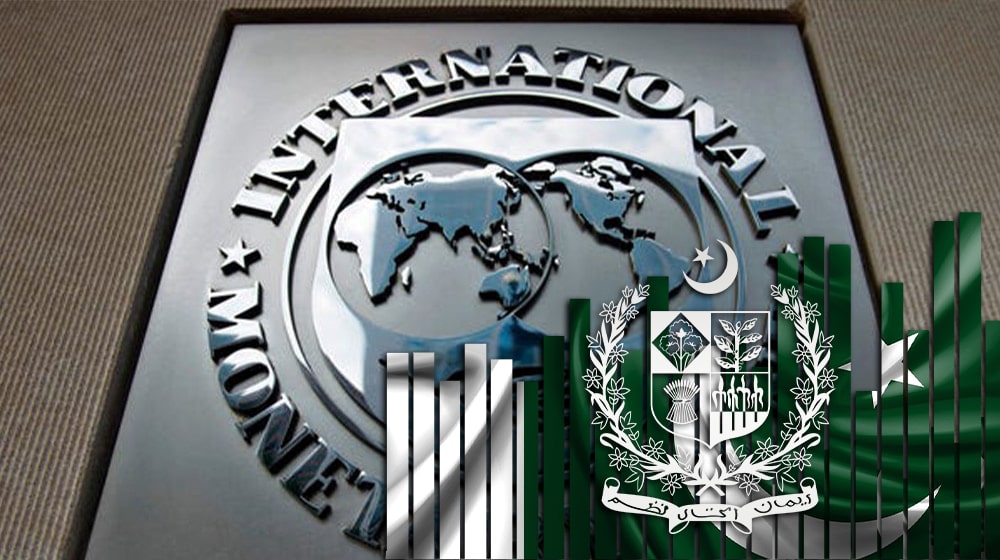The International Monetary Fund (IMF) has urged Pakistan to do more by timely addressing structural reforms for fiscal stability, and maintaining a prudent monetary policy in compliance with the Financial Action Task Force (FATF).
Highlighting key indicators on the matter in its Country Report, the global lender implored the Government of Pakistan to a adopt prudent policy mix to help increase revenue, reduce current account deficit (CAD), strengthen the market-based exchange rate, reform the energy sector, and bolster state institutions.
The IMF Country Report recommended implementing a new tax metric to underpin medium-term fiscal adjustment and ensure sustainability by focusing on reducing tax concessions and exemptions and strengthening the collection of provincial taxes. In the report, the global lender acknowledged Pakistan’s commitment to levy new taxes, particularly for the energy sector.
Pursuant to the lender’s proposed adjustment mechanism, the Government of Pakistan will target increasing tax revenue by Rs. 1,155 billion, and the annual tax target from Rs. 6,100 billion to Rs. 7,255 billion as part of its General Government Budget for the financial year (FY) 2022-23.
The IMF forecasts an additional Rs. 529 billion will be collected from direct taxes, Rs. 50 billion through excise duty, Rs. 58 billion in additional customs duty, Rs. 518 billion in sales tax, and Rs. 406 billion by expanding petroleum levy by Rs. 50 billion during FY23.
On top of the above, the Fund anticipates Pakistan’s budget deficit for the current financial year to swell by Rs. 844 billion to Rs. 3,761 billion. On the flip side, it forecasts the budget deficit to ease to Rs. 2,771 billion in FY23. Against the backdrop of budgetary movements, the global lender expects the overall development budget to shrink by Rs. 61 billion to Rs. 1,810 billion in the next financial year.
In any case, Pakistan’s current debt ratio stands at a staggering 86.7 percent, and the IMF speculates it will drop to 70 percent by 2025.
Considering how the Government of Pakistan undertook decisive steps to get the IMF loan program back on track, the Fund still warns that “risks are exceptionally high” and urges the country to timely “entrench macroeconomic stability and ensure sustainable growth”.

























